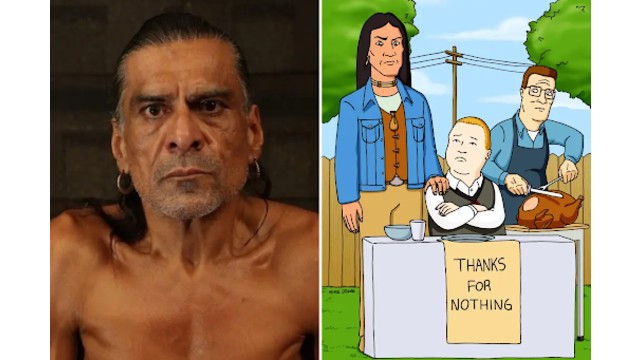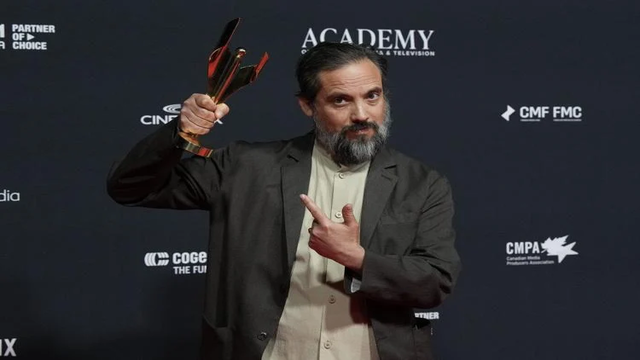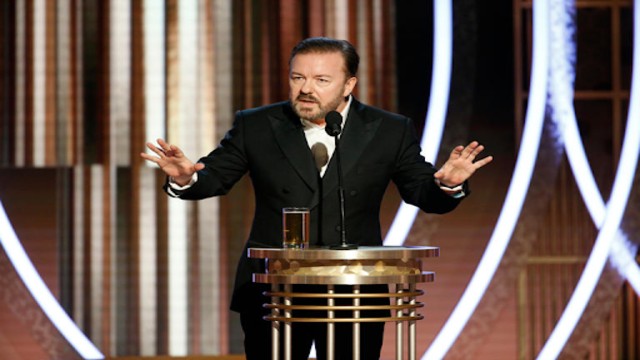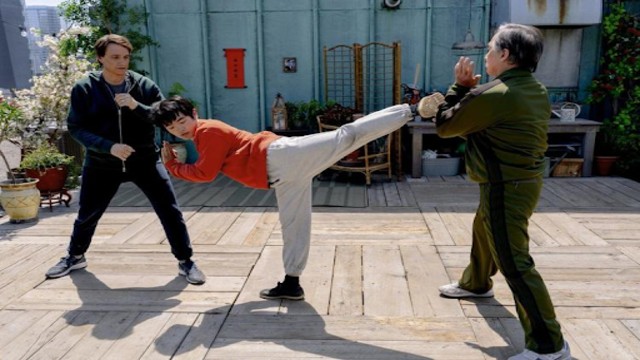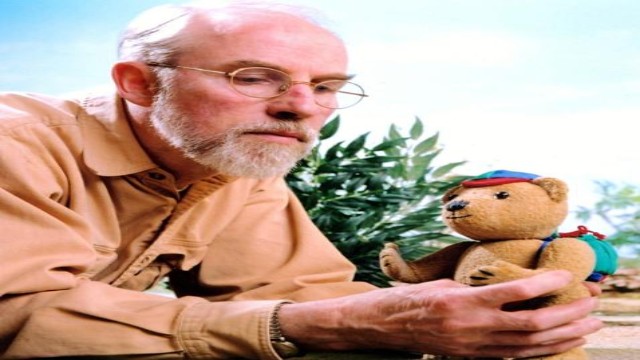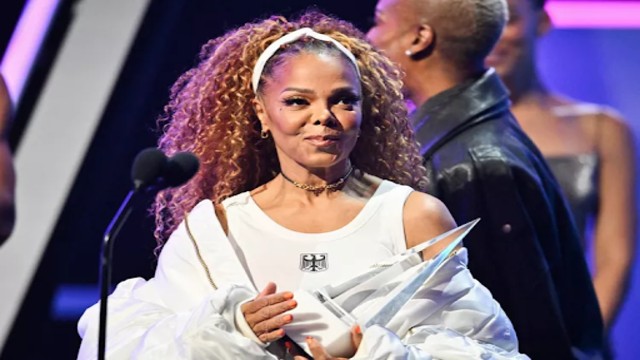
Young Thug, also known as Jeffery Williams, attends a hearing in Atlanta on December 22, 2022. AP Photo
Rapper Young Thug, born Jeffery Williams, made headlines on Thursday after pleading guilty in Atlanta to several charges related to gang activity, drug offences, and gun possession. This decision marks a significant development in his legal saga that began over two years ago. Although he will be released from jail following his plea, the terms of his sentence require strict compliance, or he could face incarceration again.
Young Thug, 33, entered his guilty pleas without any plea deal from prosecutors, as discussions between his defence team and the state fell apart. This left the sentencing entirely in the hands of Fulton County Superior Court Judge Paige Reese Whitaker. His plea comes after a long and complex legal battle that began with his arrest in 2022. The trial itself has been fraught with delays and challenges, including the removal of a judge and lengthy jury selection processes.
During his court appearance, Young Thug pleaded guilty to one gang charge, three drug-related charges, and two counts of gun possession. Additionally, he entered a no-contest plea regarding another gang charge and a racketeering conspiracy charge, which means he will be treated as guilty for those charges despite not contesting them.
Judge Whitaker sentenced him to a total of 40 years. However, the first five years will be counted as time already served in jail. Following that, he will be on probation for 15 years. If he successfully completes his probation without violations, an additional 20 years will be removed from his sentence. Conversely, if he breaches any probation rules, he will face those 20 years in prison, along with any penalties related to the probation violation.
The judge has set specific conditions for Young Thug's probation. For the first ten years, he must avoid the metro Atlanta area except for important family events such as weddings, funerals, and graduations. However, he must return to Atlanta four times a year to give presentations in schools or community organizations about the dangers of gang violence and gun use. These presentations will count towards a total of 100 hours of community service he is required to complete each year.
Other stipulations include not associating with gang members or victims of his crimes, except for his brother and rapper Gunna, with whom he has professional ties. He also cannot promote any gang activity, use gang-related signs, or possess firearms. Nevertheless, he is allowed to travel for work purposes, both within the United States and internationally.
The prosecution had pushed for a stiffer sentence, suggesting 45 years—25 in prison followed by 20 on probation—citing evidence they believed would prove Young Thug’s guilt, including some of his rap lyrics. His attorney, Brian Steel, refuted many of the claims made by prosecutors and described the evidence against Young Thug as weak, stating that he had been “falsely accused.” Steel expressed that they believed they were performing well in the trial, but Young Thug decided he could not wait any longer to go home to his children.
In his plea, Young Thug expressed regret for his past actions, stating, “I’ve learned from my mistakes… I come from nothing and I’ve made something and I didn’t take full advantage of it. I’m sorry.” The judge acknowledged his influence and urged him to use his talent to positively impact others.
The rapper, who founded the Young Stoner Life (YSL) record label, has faced serious accusations, including co-founding a violent street gang linked to various crimes. Following his plea, several of his co-defendants have already reached plea deals, leaving two others still awaiting resolution.


